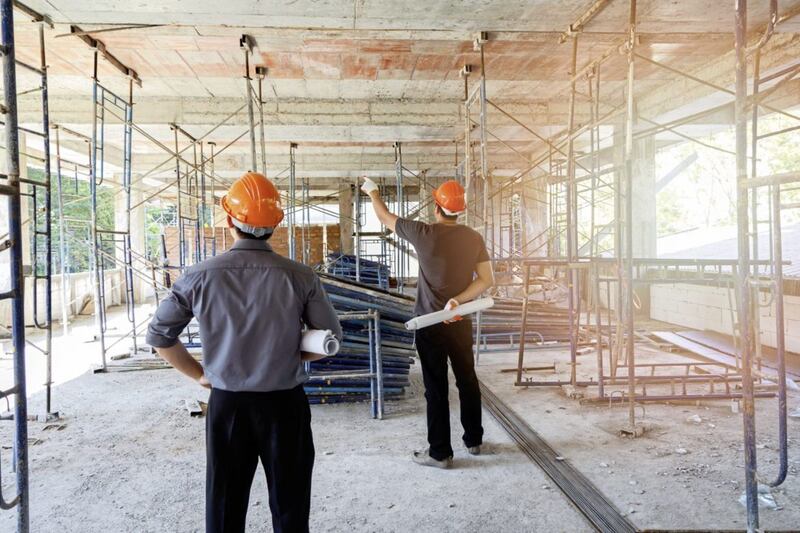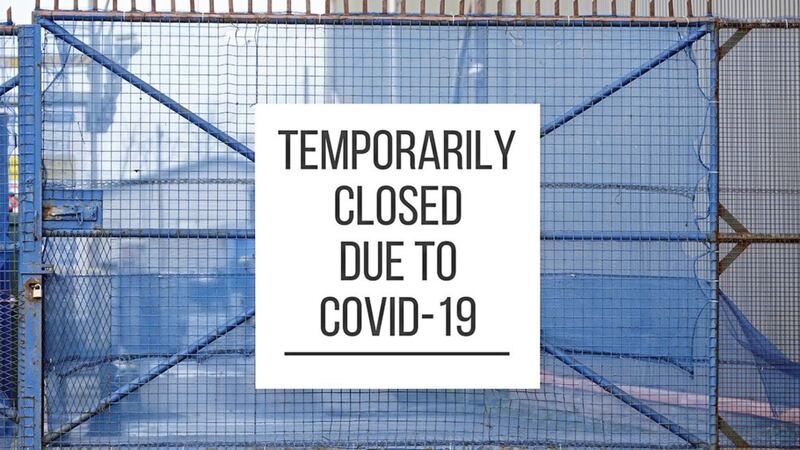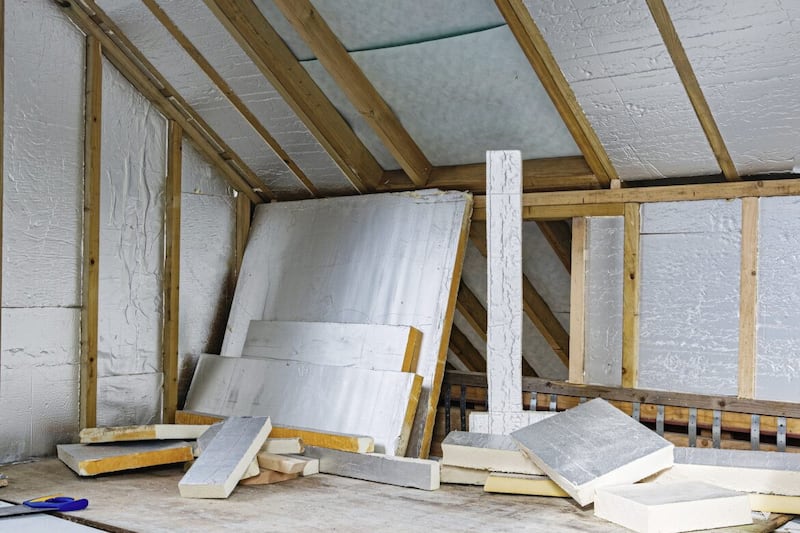WELL... I never thought I'd miss talking about Brexit. It’s been well rehearsed but worth repeating; the changes to our world over the last six months are not like anything most of us have seen in our lifetime (and hopefully will never ever see the like of again).
Working in construction I see the reality of the impact of Covid-19 on current projects and future pipelines of work (both public and private). Although there is a lot of positive rhetoric, with the Irish and UK governments wanting to "build our way" out of a recession, and (unlike the last few crisis), the banks may be more willing to lend; the stark reality is that the construction industry is going to be hit hard.
The need to have a concentrated and focused plan on how the construction industry, both north and south of the border, is to deal with the impacts of Covid and Brexit, has never been more important. This is always bearing in mind the ever-increasing housing crisis and impact on utilities – as well as the strain on infrastructure that existed long before "Brexit" was even a word.
So, casting out minds back: on March 23 the UK government mandated lockdown. This was effective immediately in Northern Ireland. Shortly after, on March 27, the Republic of Ireland followed suit. A few days apart, but very different outcomes.
The UK government's approach was that, although lockdown was in force, that services vital for the continuing functioning of the economy would remain open. This included, without too much further guidance, the construction industry generally. Although many businesses took the decision to temporarily suspend works and services, or close sites, the government did not require them to. The UK government later confirmed that generally such construction works could and should continue where social distancing could be applied.
The Irish government's approach was slightly different. During lockdown, only "essential" services could continue. Generalising, these "essential" services included those relating to healthcare, social care, utilities, food and medicine production, transport (and some other necessary financial, public and civil services).

So, what about construction then? For all non-essential construction, the message is clear: do not continue.
But what about construction (or services) that are ancillary to essential services (ie – the maintenance of water treatment facilities)? What about construction associated with major healthcare projects? The answer to this question still remains.
So, what was the effect of our two governments failing to talk? More confusion and uncertainty. This in turn leads to disruption and a detrimental impact on the industry, which in turn slows down our economies.
The impacts of Covid-19 has led to disruption we could not have foreseen, but our government's failure to talk to each other has aggravated this and continues to do so. The disjoint and failure to connect has caused (and will continue to cause) more confusion and disruption, where there ought to have been a unified approach.
Moving forward when dealing with any second wave (or potential new novel coronavirus) and the impacts of Brexit, there needs to be a unified approach to tackling these issues, or the construction industry will begin to seize-up.
I'm getting off my soapbox now, but I'm leaving with the sentiment that it is good to talk, and the plea that our governments should try it a bit more often.
David McNeice (david.mcneice@dwf.law) is director, construction and infrastructure, at DWF Belfast (www.dwf.law)








